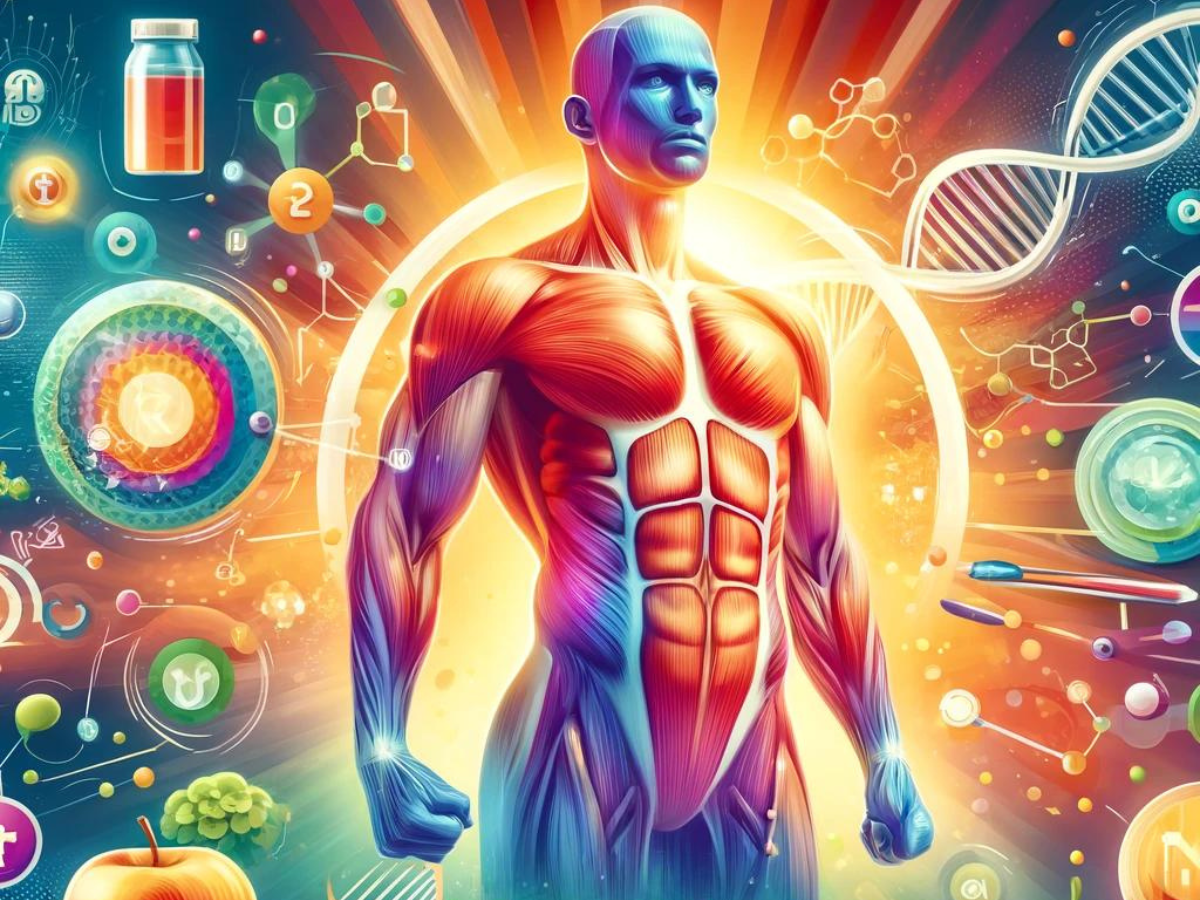
A few weeks ago I broke down a very flawed study concluding that “Paleo-style” diets make you fat. Now I want to focus on another single study. This one deals with the weight-loss reality TV show The Biggest Loser, in which obese people do lots of intense exercise while on a low-calorie diet to lose as much weight as possible. The study looked at the long-term effectiveness of The Biggest Loser. Its results, and some of the responses to the study in the media, actually give me hope for the future of weight loss in America. Let’s start by breaking down the study.
The study: The Biggest Loser slows down your metabolism
Kevin Hall, a scientist and reality TV enthusiast, decided to follow contestants on The Biggest Loser for 6 years after they finished the show, tracking their weight and metabolic rates. He was curious to see how well they kept the weight off.
The results were not pretty. Metabolic rate determines how many calories you burn while at rest. When The Biggest Loser started, the contestants were obese, but they had normal metabolic rates – they were burning an appropriate number of calories per day for their size.
By the end of the show – after 30 weeks of eating about 1500 calories a day and working out while their trainers yelled at them to do better – all 14 contestants who took part in this study had lost weight. That’s great, right?
No, and here’s why: their metabolic rates were trashed after all those weeks of starving themselves and overexercising. They were thinner, but their bodies were burning many fewer calories per day.
- At the beginning of the show, the contestants’ average metabolic rate was 2607 kcal/day
- At the end of the show, 30 weeks later, the contestants’ average metabolic rate had dropped to 1903 kcal/day. Smaller people burn fewer calories, but 1903 kcal/day is about 500 calories/day lower than it should have been, even accounting for the change in weight.
From there it only got worse. Over the next 6 years, 13 of the 14 contestants gained back significant amounts of the weight they’d lost. 4 contestants ended up heavier than they’d been before The Biggest Loser. During that 6-year period, the contestants’ metabolic rates never recovered. 6 years later they were still burning around 1900 calories per day.
[Tweet “Obesity is fixable.”]
Why the media’s response gives me hope
The Biggest Loser study made headlines overnight. Several fitness and dieting gurus claimed the contestants simply became lazy after the show ended, saying things like, “This study is just an excuse for people to fall off the wagon,” and some news articles told obese people that losing weight is pretty much hopeless and used phrases like, “trying to stay skinny will ruin your life.”
No, no, no, no, no. That is the absolute worst thing you can tell someone struggling with his or her weight. A message like that can destroy your self-esteem and leave you consumed by hopelessness. More importantly, it’s not true.
A better conclusion would be: “Starving yourself on a low-fat diet and exercising until your body falls apart is a misguided approach to weight loss. Your body, thinking you’re in a dangerous, foodless environment because you’re barely eating and training far more than is healthy, will start desperately storing fat so you can survive your hostile surroundings. Don’t pit yourself against your body. Instead, eat plenty of high-quality, low-toxin foods that support your hormones and mitochondria and nourish your body so it can perform the way it wants to. The fat will melt off and you won’t gain it back.”
I’ve been arguing exactly that for years now. It’s worked wonders for me and hundreds of thousands of people who follow the Bulletproof Diet, Paleo, Primal, keto, and similar high-fat, low-carb ways of eating.
Here’s what gives me hope, though: while there are a few misinformed articles, some news outlets are on the money with their reporting. They’re condemning The Biggest Loser for its poor weight loss tactics and instead recommending you eat lots of healthy fat, do short, intense exercise, get plenty of calories, and focus on supporting your body so it can thrive instead of fixating on the numbers on a scale.
You wouldn’t have read that advice in a major news article five years ago. The fact that you are now makes me happy. It means change is coming. As more and more people discover how to fuel their bodies so they function at their best, outdated recommendations like the low-fat, low-calorie diet will fall into obscurity, and maybe we can finally help end the obesity epidemic sweeping this country and countries worldwide.
Obesity is fixable, and anyone who tells you you have to starve yourself and exercise until your joints hurt to lose weight is full of it. Do just the opposite: eat good food and plenty of it. It will change your life. Thanks for reading.










